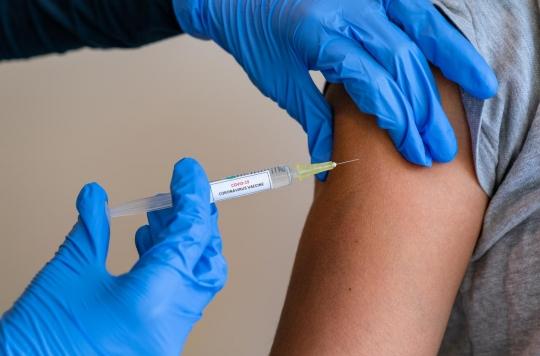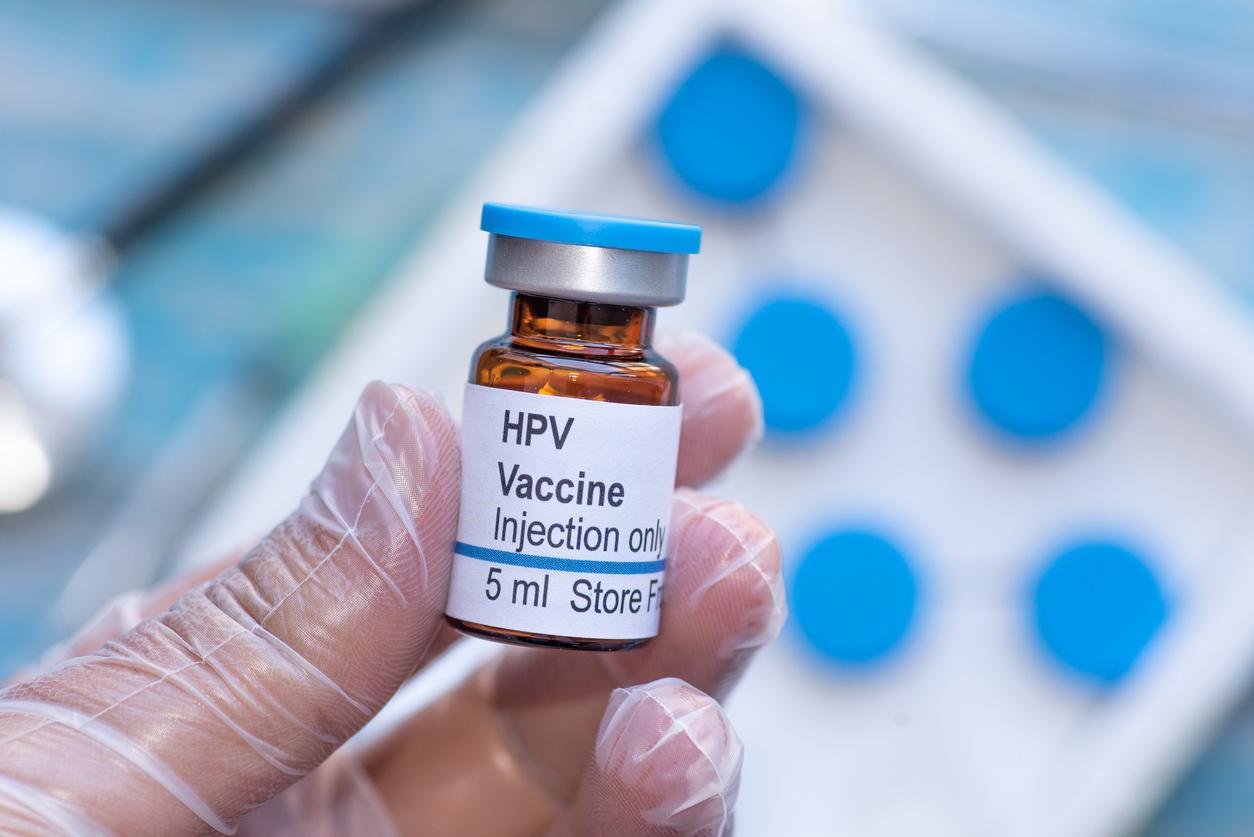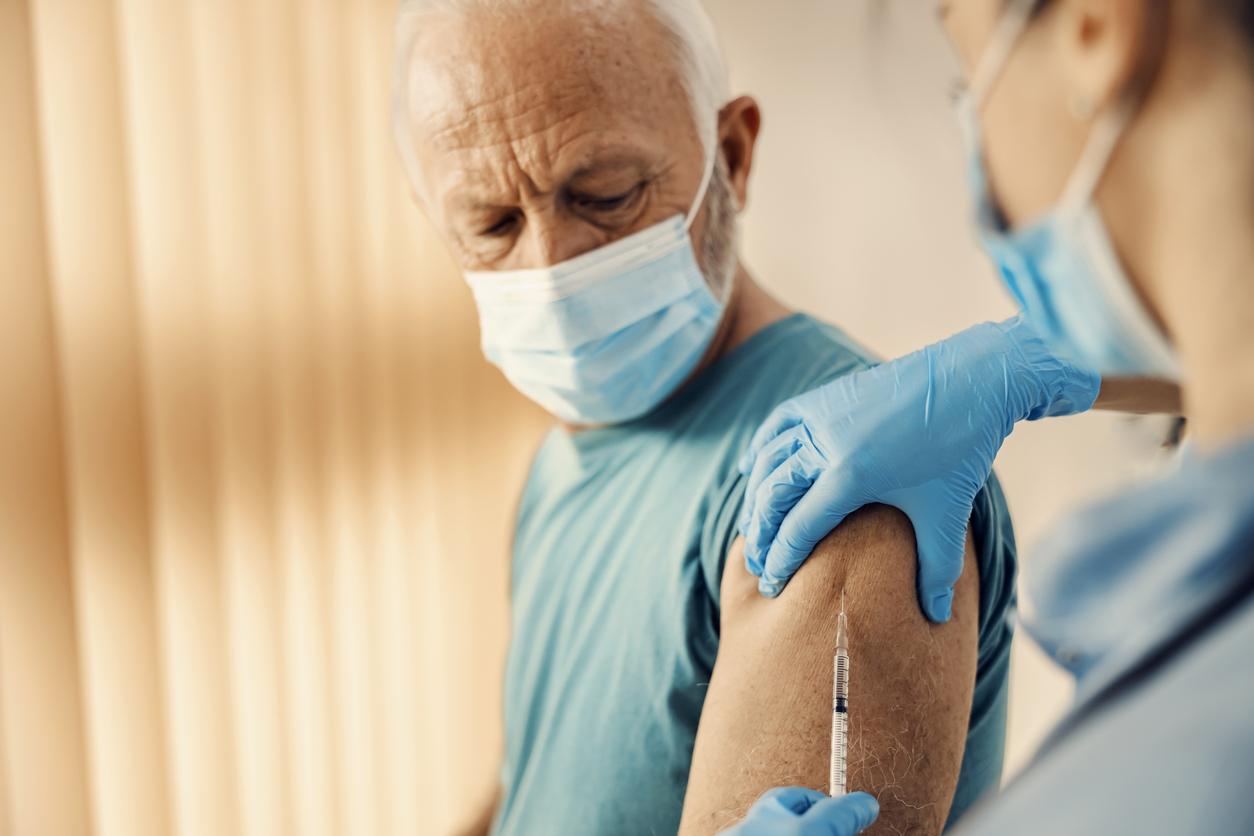Reluctance to anti-Covid-19 vaccination finds, like the rejection of certain technologies (e.g.: 5G, Linky meters, AI, etc.), its origins in a general mistrust of science and authorities.

- There is significant overlap between the two movements – anti-vaccine on the one hand, anti-5G on the other – if we judge the high proportion of French people refusing both the vaccine against Covid-19 and the 5G.
If we observe for some weeks a tendency to a certain “relaxation”, opposition to the anti-coronavirus vaccine remains strong in our country (46% of French people in mid-January). What are the various sources of this mistrust, which has become a real public health issue? As part of the observatory Lemon.co.uk of the relationship of the French to science and new technologies, Jean-Philippe Dubrulle, director of studies at Ifop, analyzed for the Jean Jaurès Foundation a survey which shows that this reluctance finds, like the rejection of certain technologies (eg 5G, Linky meters, AI, etc.), their origins in a general mistrust of science and control or regulatory authorities.
Global mistrust
Popular categories (60%) and party electorates “anti-system” (64% among RN supporters, 53% among LFI supporters) are strongly opposed to the Covid-19 vaccine. The refusal to be vaccinated turns out to be the majority in the ranks of French people who are defiant of health authorities such as the Scientific Council (59%), the WHO (57%) or the Ministry of Health (57%) .
That “vaccine resistance” is also closely linked to an overall distrust of the benefits of science – it is much higher among the French who believe that the contribution of science to mankind is negative (60%) than positive (29 %) – or new technologies like 5G. This reluctance thus rises to 54% among opponents of 5G, while it is only 33% among its supporters.
We also observe a significant overlap between the two movements – anti-vaccine on the one hand, anti-5G on the other – if we judge the high proportion of French people refusing both the vaccine against Covid- 19 and 5G: 35%, while 26% oppose only 5G and 14% only the vaccine. In total, only a quarter of French people (25%) oppose neither one nor the other.
“Opinions become safe havens”
Finally, if support for the theory that vaccines against Covid-19 would contain chips making it possible to be located via 5G remains marginal in the population as a whole (7%), it is interesting to note that this idea is only rejected by one out of two anti-vaccines (54%), a sign that adherence to certain conspiracy theories is a significant springboard for vaccinoscepticism.
“In view of these results, it therefore appears that the springs of distrust of vaccines and 5G come from a public that has many points in common – in particular many voters from the protesting parties – and who share a distrust of the both with regard to regulatory authorities (e.g. WHO, Arcep, government) and the dominant scientific point”, analyzes Jean-Philippe Dubrulle. “The current strength of this double feeling of mistrust is undoubtedly due to the health crisis which has exacerbated the echo of conspiracy theories, the uncertainty of the scientific community as to the response to be given to the virus having favored the volatility of opinion and its porosity to conspiracy theses”, continues the sounder. “Faced with the inadequacies of institutions and scientific uncertainties, opinions thus become safe havens. Therefore, we can only aspire to the rehabilitation of scientific discourse, an essential prerequisite for dispassionate public debate”, concludes Jean-Philippe Dubrulle.
.
















